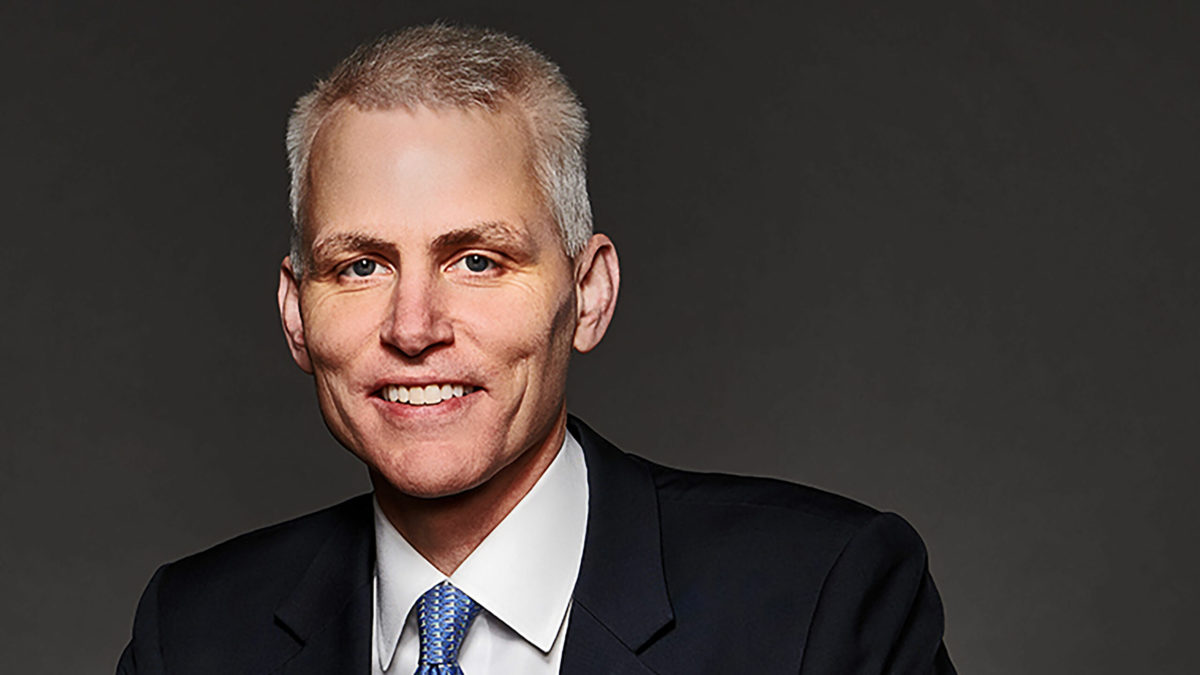BNY Mellon clings to global lead
The three largest global custodian banks have enjoyed hefty increases in the total assets under custody and administration in the March quarter as markets continued to rebound. BNY Mellon is still the biggest.
BNY Mellon remained the largest in the world, by a whisker, ahead of State Street, but third-placed J.P. Morgan Chase, America’s largest bank, showed the fastest growth of the three.
BNY Mellon announced an 18 per cent increase in assets under custody to US$41.7 trillion compared with the same quarter last year, State Street a 26.4 per cent increase in assets under custody and/or administration to US$40.3 trillion and J.P. Morgan a 28 per cent increase to US$31.25 trillion.
While their overall earnings performances also continued their strong trajectory observed during the December quarter, each of the mega firms continued to suffer from the low interest rate environment, which impacted on fee income growth.
State Street’s net interest income slumped the most, by 30 per cent year-on-year, but this was partially offset by an increase of about 20 per cent from growth in deposits and the investment portfolio.
For BNY Mellon total investment services revenue declined 8 per cent year-on-year, alongside a group revenue decline of 5 per cent, with interest income down 20 per cent for the 12 months and foreign exchange income was also down slightly. These were partially offset by the higher client volumes and market values.
Thomas Gibbons, group chief executive, said in the earnings statement last week (April 16) that the firm’s business model proved to be resilient and operating margins remained steady despite the covid-19 upheavals.
This has been a common theme among asset servicing providers in particular, both globally and in Australia, where they largely showed their worth in coping with crisis conditions over the past 12 months.
Gibbons said: “Our Pershing, asset servicing and foreign exchange businesses benefited from healthy client activity and market levels. Investment and wealth management also benefitted from market appreciation, as well as continued investment in our products and services.
“In addition, we gained traction in the data and analytics space, clearing and collateral management and treasury services, driven by ongoing investments in innovation and digitisation.”
Among the medium-sized global asset servicing firms, Northern Trust, which also has a sizable asset management arm, showed the strongest growth in assets under custody and administration, eclipsing the big three in that space.
Northern Trust’s March quarter earnings statement (on April 21), showed a 40 per cent year-on-year increase from $US10.9 trillion to $US14.8 trillion at the end of March. Trust and investment and asset servicing fees were up 6 per cent. The firm has $US1.45 billion in assets under management, the bulk of which is in corporate and institutional funds management.
Australia would have chipped in with the new clients added in recent months. The Melbourne-based asset servicing operation won two big clients in December last, South Australian government-owned manager FundsSA and Australian-based global manager First Sentier Investors.
The First Sentier mandate involves new middle-office services alongside global custody, with Colonial First State retaining domestic custody. Northern Trust’s front-to-back offering is known as ‘Whole Office’.
Michael O’Grady, Northern Trust chairman and chief executive, said in a statement that investment and other servicing fee growth was primarily driven by organic growth. “In support of our growth expense increased 5 per cent. Our strong capital base and liquidity position enabled us to support the needs of our clients, and this was demonstrated further during the quarter as we saw continued growth in client activity.”
State Street’s result was also helped by the addition of new clients, especially in its front-to-back offering known as ‘State Street Alpha’. The firm reported three new clients for its well-promoted integrated backoffice through to front-office services in the latest quarter.
Ron O’Hanley, State Street’s chairman and chief executive, said: “Our first-quarter results reflect continued total fee revenue growth, enabling us to partially offset [net interest income] headwinds. Our product innovation and enhancements of our operating model continue to make contributions across our businesses, as reflected in our strong new business results including demand for Charles River Development and State Street ‘Alpha’. Our distinctive value proposition continues to resonate with our clients.”
J.P. Morgan’s Jamie Dimon, chairman and chief executive, said: “With all of the stimulus spending, potential infrastructure spending, continued Quantitative Easing, strong consumer and business balance sheets and euphoria around the potential end of the pandemic, we believe that the economy has the potential to have extremely robust, multi-year growth. “This growth can benefit all Americans, particularly those who suffered the most during this pandemic. If all of the government programs are spent wisely and efficiently, focusing on actual outcomes, the benefits will be more widely shared, economic growth will be more sustainable and future problems, like inflation and too much debt, will be reduced.”











